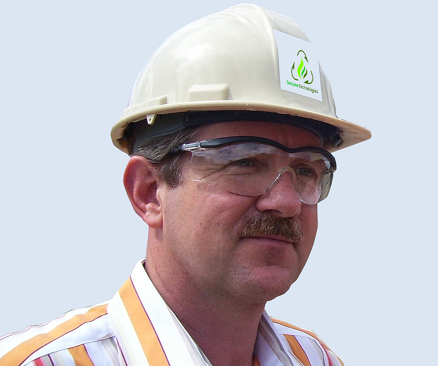Sustane Technologies has received a $358,750 loan from the federal government to help build its capacity to convert garbage into synthetic fuels.
The Atlantic Canada Opportunities Agency issued a statement last week saying it would lend the Chester, N.S.-based cleantech company the money under its Business Development Program.
Sustane, which won Innovacorp’s last I-3 Technology Start-Up Competition in 2016, is on the cusp of opening a plant in Chester that would convert household and commercial refuse into synthetic fuels. Sustane aims to have the plant, which is now half commissioned, fully operational by the end of September.
“Nova Scotia has long been recognized as a leader within North America for waste diversion,” said Sustane President and Co-Founder Peter Vinall in a statement. “Sustane and the Municipality of Chester are taking it to another level. This new process will divert over 90 percent of the Municipal Solid Waste stream that is being sent to landfill today.”
What the plant will do is take 90 percent of the stuff that goes into landfill and cook it with steam. The landfill will still have to take special items like old mattresses, but the system should reduce the volume of refuse going into the landfill by nine-tenths. Through this process a few marketable byproducts are produced, most notably biomass pellets and synthetic diesel.
Smarter Spaces Lands $320K Loan from Ottawa
The company grew out of technology pioneered in Spain by co-founder and chief technology officer Javier De La Fuente. He teamed up with Vinall and CFO Robert Richardson to form the Nova Scotian company. They believe the Chester plant will actually improve on the technology used in Spain because it will, for example, remove plastics from the biomass pellets, allowing them to be burned safely and increasing their value.
The ACOA statement said Sustane Technologies – which employs five people at its head office and 15 at the facility site – is working to enable customers to convert existing manufacturing facilities from fossil fuels to its synthetic oil. The switch could replace millions of litres of Bunker C fuel oil per year, resulting in lower emissions, said the statement.
In an email, Vinall said the company has recently raised equity capital but declined to provide specifics. Two years ago, the company received $2.6 million in funding from Sustainable Development Technology Canada, which supports Canadian companies aiming to bring early-stage clean technologies to market.
The ACOA funding will support project management, engineering services and the design, procurement, installation and testing of equipment to convert existing and future facilities.
“ACOA is contributing to our investment in lab, quality assurance, storage, and logistics equipment related to the sale of liquid synthetic diesel,” said Vinall. “These investments are necessary in order for the company to have direct access to industrial customers.”
Disclosure: ACOA is a client of Entrevestor.










